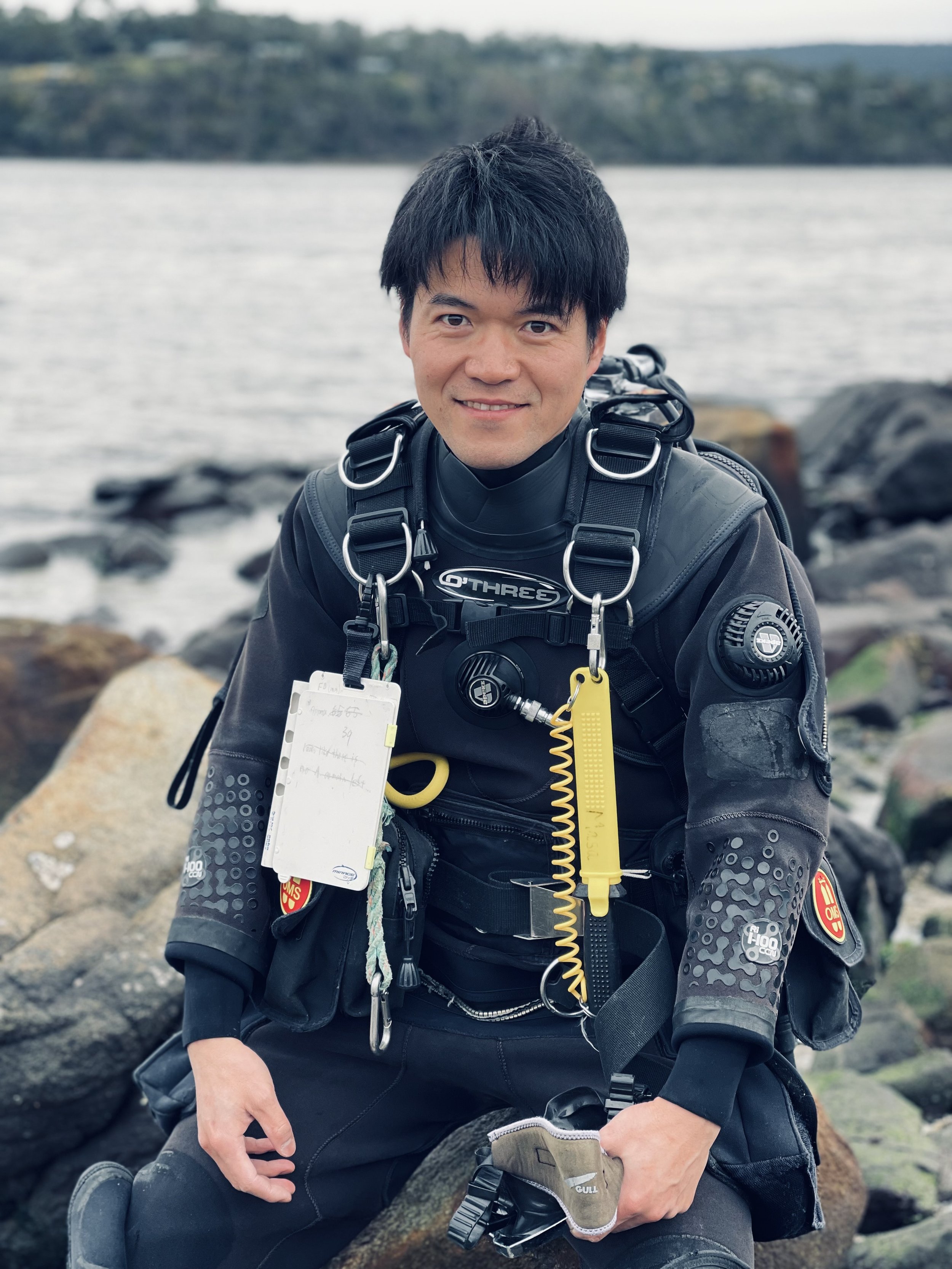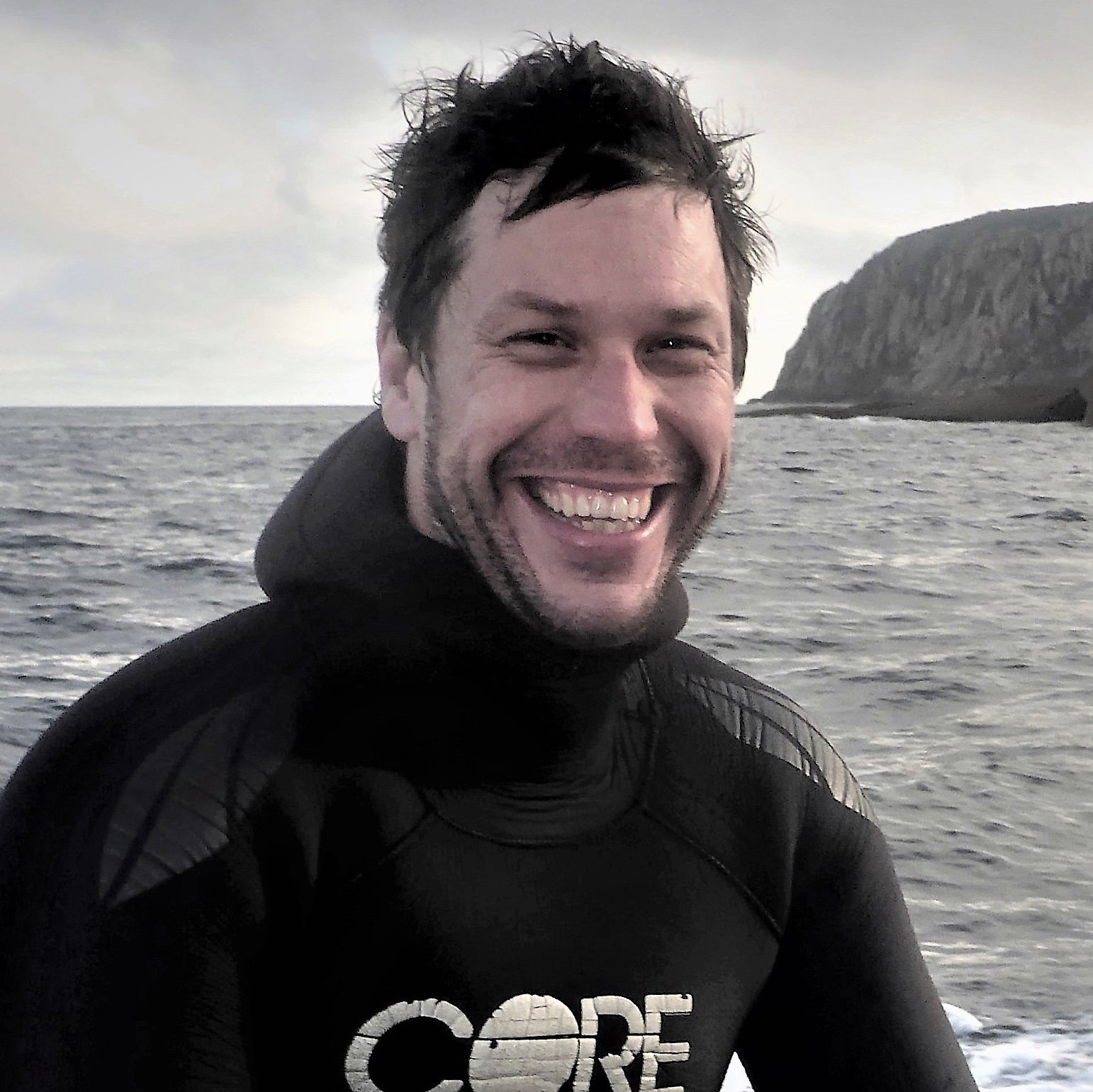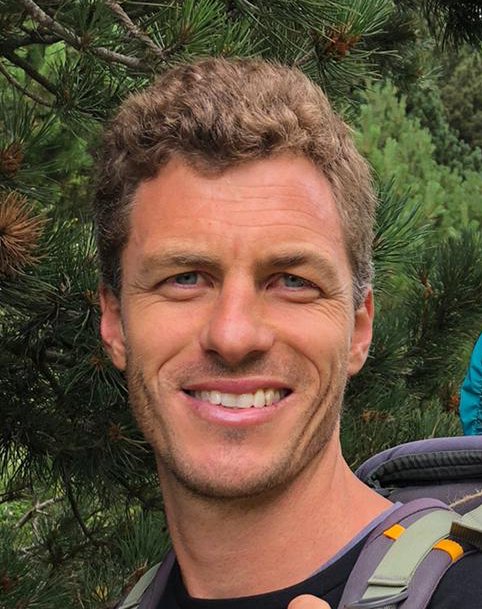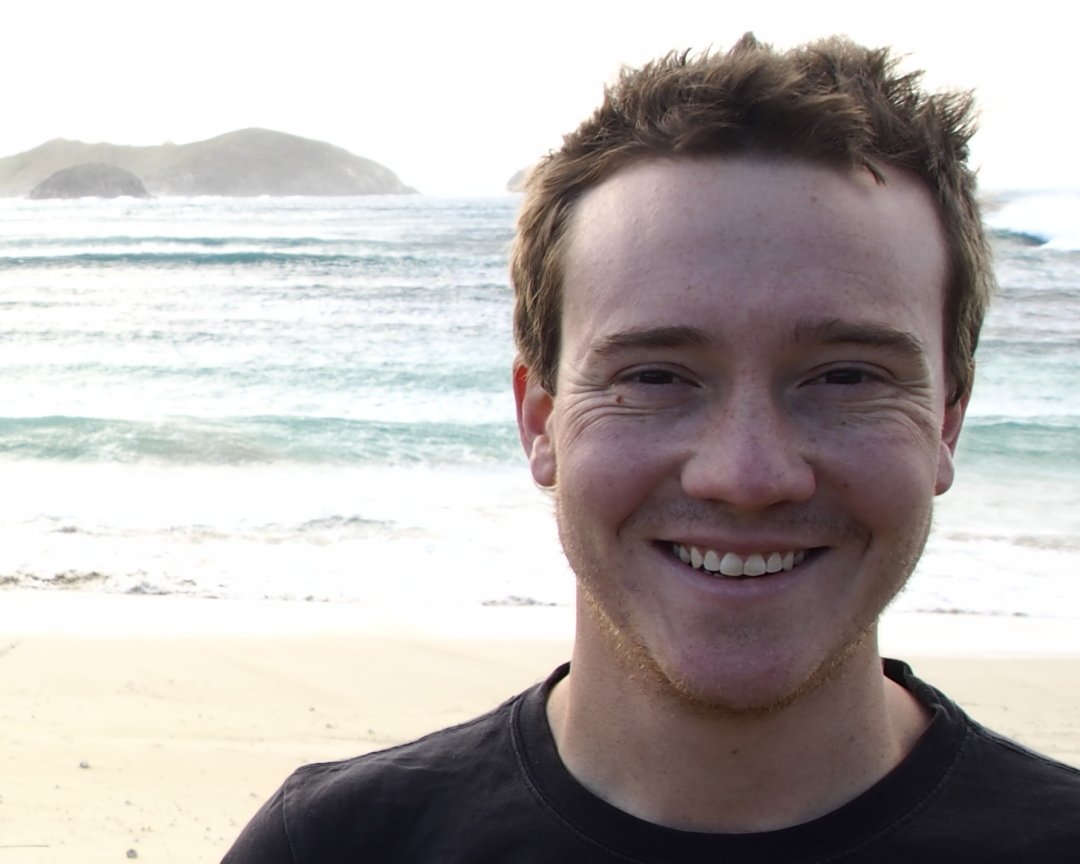
The Sea Forest Foundation has teamed up with one of the world's leading environmental institutions, the University of Tasmania’s Institute for Marine and Antarctic Studies (IMAS) to form a team of passionate likeminded environmentalists who are dedicated to reversing the effects of climate change by the virtues of seaweed..
Dr Masa Tatsumi
Before joining Sea Forest as the head of research and development Masa spent many years as a researcher for the University of Tasmania studying ecological impacts of climate change as well as the rehabilitation and conservation of coastal and estuarine environments. Masa brings a wealth of seaweed knowledge having completed his doctorate on dynamic resilience and stability of Ecklonia as well as having spent years cultivating Macrocystis to restore Tasmania’s kelp forests at the Institute for Marine and Antarctic Studies.
Associate Prof. Scott Ling
Dr Scott Ling is an Associate Professor and ARC Future Fellow in marine ecology at the Institute for Marine and Antarctic Studies. His research focuses on how and why productive reef ecosystems collapse into impoverished low-value systems that can be difficult to reverse. His research approach is founded on a strong understanding of natural history gained from extensive SCUBA-based surveys and critical field experiments to reveal key mechanisms driving reef ecosystems.
Dr Scott Bennett
Scott is a marine ecologist whose research focuses on how ecological structure and function of marine ecosystems changes across broad environmental gradients and in response to climate change. Scott primarily uses comparative experimental approaches in physiology, population biology and community ecology to understand the drivers of ecological change across space and time. In addition, Scott is passionate about the Great Southern Reef and its social-ecological importance for Australia.
Prof. Rocky de Nys
Before becoming the chief scientist at Sea Forest Rocky worked as a Professor of Aquaculture within the College of Science and Engineering at James Cook University in Nth QLD. Rocky works broadly across the fields of algal biology, chemistry and aquaculture. He has a focus on applied research with an emphasis on commercialisation where there are direct and foreseeable outcomes for industry. He supports strong industry collaborations in the development and implementation of technologies for sustainable aquaculture, with a focus on the production of macroalgal biomass for bioremediation and bio-products.
Dr Elisabeth Strain
Dr. Beth Strain is a Research Fellow at the Institute for Marine and Antarctic Science, with a broad background in quantitative marine ecology, environmental pollution and social science. Her research focuses on understanding and managing the effects of anthropogenic impacts in coastal and estuarine ecosystems. In particular, she is interested in addressing the interactions between finfish farming and the surrounding habitats. She has also worked on developing solutions for climate change, overfishing and habitat loss.
Dr Cayne Layton
Cayne Layton is a Research Fellow & Lecturer at the Institute for Marine and Antarctic Studies. He studies the ecology and restoration of kelp forests and temperate reef systems. Cayne combines field and lab experiments, and scientific diving to examine how kelp forest ecosystems function and persist, especially in the face of increasing anthropogenic stressors. He seeks to answer fundamental ecological questions while ensuring his research has practical applications for habitat conservation, restoration, and management.
Prof. Catriona Hurd
Senior Research Scientist, IMAS. Expertise in seaweed ecophysiology and field leader in the environmental regulation of seaweed productivity.
Associate Prof. Jeff Wright
Senior Research Scientist, IMAS. Expert seaweed ecologist with a focus on seaweed reproduction, recruitment and habitats.








